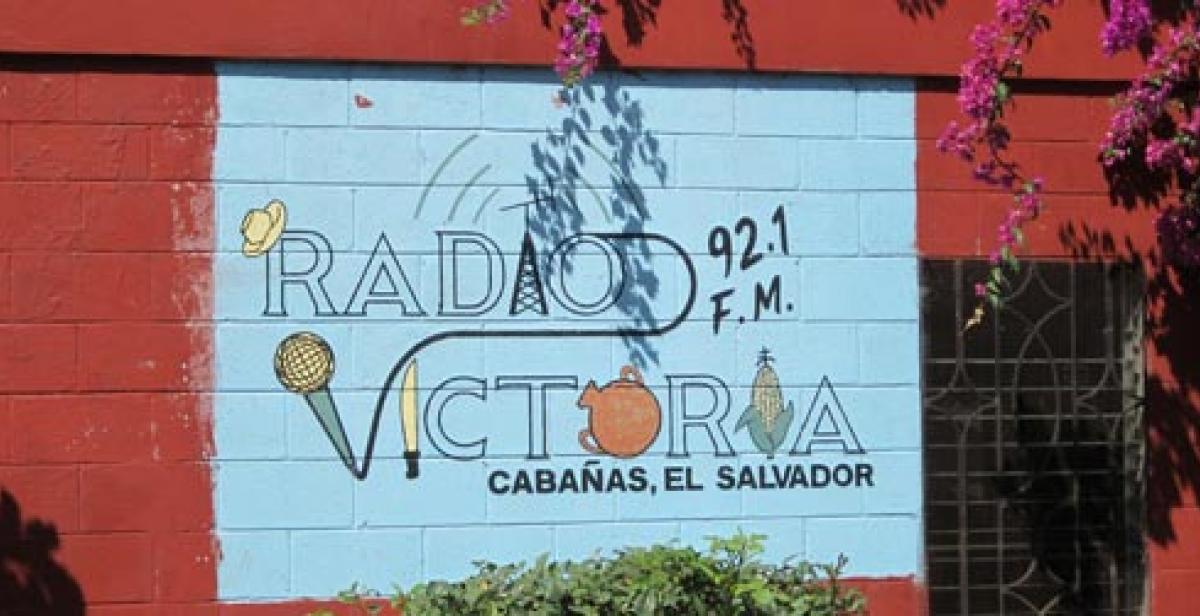After the Levenson Inquiry, the British media became hyper-aware of the issues many publications face, regarding media ethics and how they should report. The situation in El Salvador paints a far different picture in which freedom of the press is not recognised and where the right-wing hold the most influence.
The majority of the Salvadorian media is privately-owned and controlled by big businesses with political persuasions. A lot of the daily newspapers and television programmes are owned by right-wing sympathisers and therefore can provide a distorted view of events. The situation is not as liberal as described by the BBC in the El Salvador country profile and it is estimated that up to 85% of Salvadorian media is privately owned.
The president himself, Mauricio Funes, worked as a journalist for 25 years before embarking on a political career, however he faced much opposition when trying to express his views. He had an editorial called, “Sin Censura” (“Without Censure”) which was, ironically, shut down. He was fired from the television station in which he worked and his next few ventures were also shut down, showing the extent to which censorship prevailed.
Last week we visited Radio Victoria in Victoria, Cabanas, to discover the role that local media played in the lives of the community. Radio Victoria was created in response to a lack of means of communication during the war and it initially began as a space for individuals to send messages to their family and let them know that they were safe. This service was gaining popularity and soon Radio Victoria was inundated with messages and even received custom from the local post office and Telephone Company.
After the war, the telecommunication companies lodged a complaint against Radio Victoria as they were transmitting without a legal frequency, which they were not given as they refused to support the government. Radio Victoria wished to remain politically independent and become a station run by the people, for the people and not a mouthpiece for the Government. Soon, Radio Victoria was shut down and their equipment confiscated and they became entangled in legal battles to obtain a frequency.
Today, the struggle continues and many of the journalists at Radio Victoria have received death threats and are living in fear, because of the work they do and one member of staff has been forced to emigrate. The Radio has campaigned heavily for human rights, especially in response to mining in El Salvador and one man connected to this campaign, Marcelo Riviera, disappeared in July 2009. The community, feeling they couldn’t trust the police, began searching for him, but his body was found three weeks later. Radio Victoria continued to receive threats and the people of Santa Marta rallied around the station and a group of 10-12 people from the community would stand guard each night for four months after this.
The people of Santa Marta have continued to protect and stand by Radio Victoria as a symbol of freedom of speech and fighting for right. This story shows the struggles still faced by Salvadorians in pursuit of free speech and campaigning against injustice. Radio Victoria’s campaigning and actions to assist its community are commendable and will continue to give their listeners hope for the future.
Written by Settit Beyene in March 2013
Photo: Gabriel Smith-Reques



